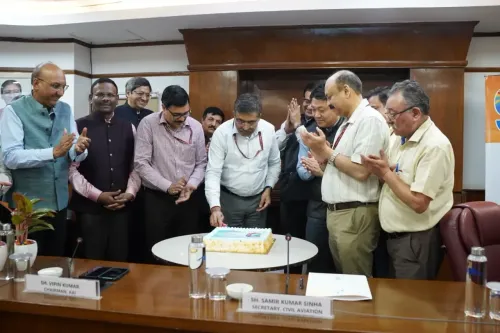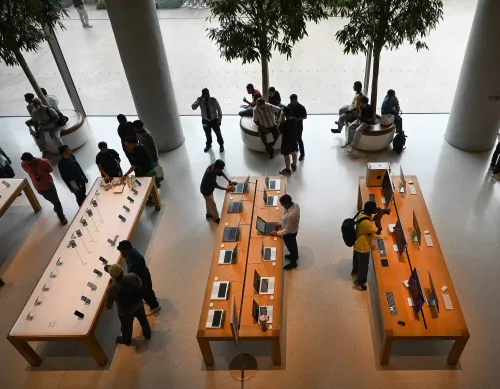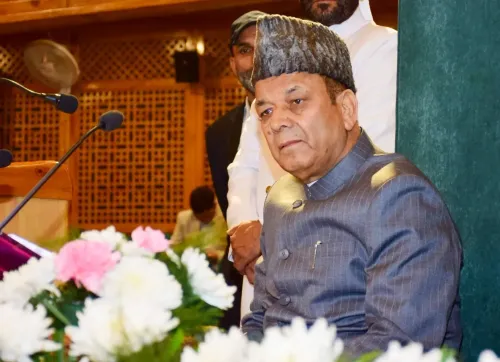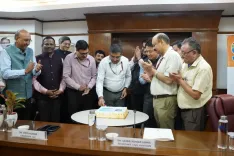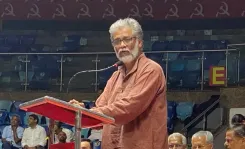How is S. Korea responding to the $409 million support for US tariff-hit firms?
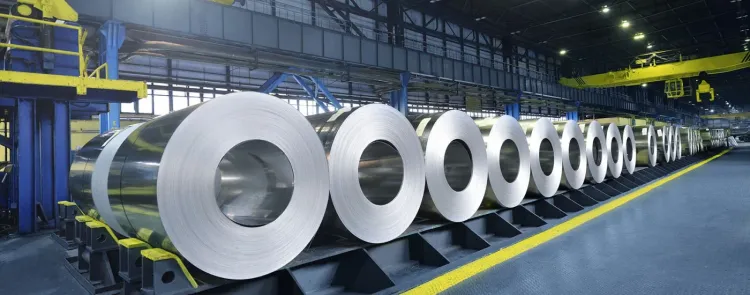
Synopsis
Key Takeaways
- 570 billion won allocated for financial support
- Focus on steel and aluminum sectors
- Low-interest loan programs introduced
- Trade insurance increased to 270 trillion won
- Domestic demand initiatives planned
Seoul, Sep 3 (NationPress) The government is set to allocate as much as 570 billion won (approximately $408.8 million) in emergency financial support this year to assist South Korean firms in mitigating the impact of the 50 percent US tariff on all steel and aluminium imports, according to the industry ministry's announcement on Wednesday.
This initiative is part of a broader government strategy to support Korean companies and enhance their export capabilities amid global trade uncertainties, as revealed during a meeting of economy-related ministers, as reported by the Yonhap news agency.
The 570 billion-won financial assistance will incorporate a special low-interest loan scheme aimed at steel and aluminum sector companies and will cover costs to reduce interest rates on previously granted loans to small and medium-sized enterprises (SMEs) in these sectors, according to the Ministry of Trade, Industry, and Energy.
Moreover, the government has resolved to increase the trade insurance coverage for this year to 270 trillion won, an increase from the initially planned 256 trillion won.
Additionally, efforts will be made to enhance access for companies to the 13.6 trillion-won fund established earlier this year to offer emergency liquidity to industries affected by tariffs, as stated by the ministry.
The ministry further noted that the government aims to stimulate domestic demand for key export products, including automobiles, home appliances, and steel, in order to counterbalance the decline in overseas demand resulting from U.S. tariff policies.
Proposed initiatives are likely to consist of a subsidy program for electric vehicles (EVs) and energy-efficient home appliances, alongside the establishment of a 100 trillion-won fund designed to foster investment in South Korea, particularly within strategic sectors.
The government also intends to enhance measures against unfair trade practices, such as tariff circumvention and dumping, while striving to diversify Seoul's export products and markets.
Furthermore, plans are in place to announce a series of measures later this year aimed at boosting the fundamental competitiveness of the mobility, steel, and secondary battery industries, according to the ministry.
In late July, an important agreement was reached between Seoul and Washington, whereby the United States reduced its tariff on South Korea to 15 percent, down from the initially proposed 25 percent, in exchange for a commitment of $350 billion in investments in the U.S.
Under the terms of this agreement, the U.S. also consented to lower tariffs on Korean vehicles to 15 percent from 25 percent.

